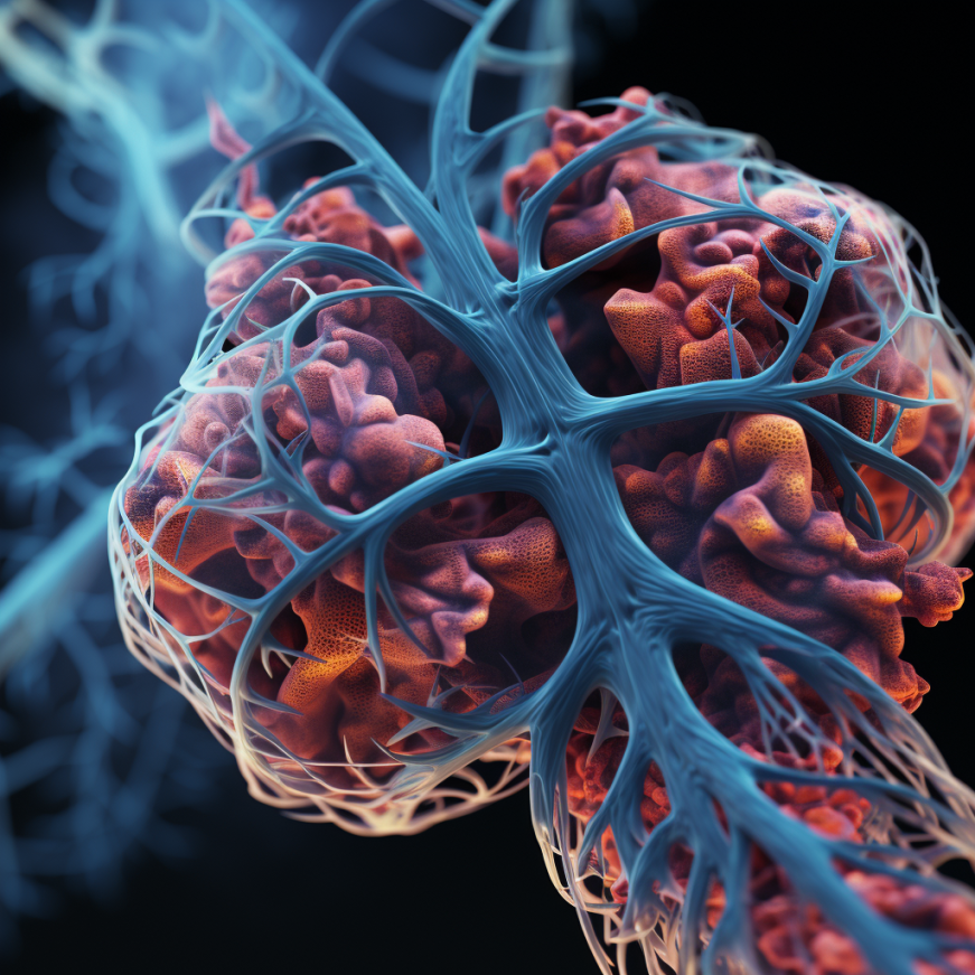How Serious Is Fluid in The Lungs In Elderly Adults? (A Comprehensive Look)

What happens when a classic symptom of a cold or infection takes on a graver tone? We’ve all experienced that uncomfortable feeling in our chest when we’re sick. But when fluid accumulates in the lungs of an elderly adult, it can be a far more serious situation. Let’s explore what this means, its causes, and, crucially, its severity.
Take Carol, a vibrant 75-year-old woman who loves gardening. Carol began noticing that her garden walks were increasingly interrupted by bouts of breathlessness and an occasional cough. Concerned, she visited her physician, only to find out that she had fluid in her lungs. Here’s what Carol—and you—need to know.
What Does Fluid In the Lungs Mean?
Having fluid in the lungs, medically known as “pulmonary edema,” is a condition where liquid fills the air sacs in the lungs, making it difficult to breathe. It can be triggered by various factors ranging from heart problems to infections.
Signs and Symptoms of Fluid in Lungs In Elderly Adults
When Carol first noticed her symptoms, they were subtle:
- Difficulty breathing
- A persistent cough
- Fatigue and weakness
- Chest discomfort
- Confusion or altered mental status
The severity of these symptoms can vary, but they are signs that should not be ignored. If you or a loved one is experiencing any of these symptoms, consult a healthcare provider for a proper diagnosis and treatment plan.
What Causes Fluid in the Lungs in Elderly Adults?
Statistics:
- 25% of heart failure patients may experience fluid in their lungs.
- 40% of pneumonia cases in elderly adults can lead to fluid accumulation.
- Infections account for 30% of pulmonary edema cases in the elderly.
Common causes include:
- Heart failure
- Pneumonia or lung infections
- Kidney failure
- Certain medications
- Exposure to high altitudes or toxic gases
How Serious Is Fluid in the Lungs in Elderly Adults?
While a young person might shake off these symptoms, the stakes are much higher for older adults. In the worst cases, untreated fluid in the lungs can lead to:
- Respiratory failure
- Heart failure
- Death
For Carol, early diagnosis was key. Her physician prescribed diuretics and other medications that helped her manage her condition effectively. If left untreated, however, the prognosis would have been much bleeker.
Quick Poll

How to Prevent Fluid in the Lungs in Elderly Adults?
Prevention is more than just a buzzword—it’s a lifestyle change. Carol realized this and transformed her daily routine to ensure she could manage her condition effectively. If you’re looking to dodge this health bullet, here’s your action plan:
Regular Check-Ups
Carol made it a habit to visit her healthcare provider regularly for comprehensive check-ups, and you should, too. These visits often include critical tests like ECGs, chest X-rays, and blood work that can reveal early signs of fluid accumulation in the lungs.
Balanced Diet
Our gardening aficionado, Carol, switched her diet to include more fruits, veggies, and whole grains. The aim is to keep the entire body, particularly the heart and lungs, in stellar condition. Steering clear of processed foods and excessive sodium can lower the risk of heart issues that may lead to fluid in the lungs.
Hydration
Water is your friend, but too much of a good thing can be problematic. Carol learned to balance her fluid intake to keep her respiratory system ticking without overwhelming her heart. Consult your physician to determine the right amount of water for you.
Exercise (After Doctor’s Approval)
Carol loves her walks in the garden. Exercise, especially when tailored to one’s individual health status, can bolster the cardiovascular system. This, in turn, helps the lungs, but remember: always consult your healthcare provider before kick-starting any new exercise routine.
Seek Immediate Medical Attention for Unusual Symptoms
Carol didn’t wait to get her symptoms checked out, and neither should you. The moment you notice any oddities like a persistent cough or breathlessness, it’s a signal to consult a medical professional ASAP.
Lifestyle Tweaks
Lastly, Carol cut out habits that could exacerbate her condition, like smoking and drinking excessively. Such lifestyle changes not only lower the risk of fluid in the lungs but also contribute to overall health and well-being.
By adopting Carol’s approach and taking these preventive steps, you can significantly reduce the risk of having to ask, “How serious is fluid in the lungs in elderly adults?” Instead, you can focus on enjoying life, much like Carol, who now tends to her garden with a clear mind and healthier lungs.
Conclusion
Fluid in the lungs in elderly adults is no trivial matter. If you or someone you know has similar symptoms, seek medical advice without delay. Share your experiences and thoughts in the comments below.
PLEASE SHARE YOUR EXPERIENCE AND THE COMMENTS BELOW, SO WE CAN HELP EACH OTHER WITH THE KNOWLEDGE YOU HAVE GAINED.
References
- Pulmonary Edema: Overview, Symptoms, and Causes. Mayo Clinic
- Fluid in the Lungs: High Risks in the Elderly. American Lung Association
- Statistics on Fluid Accumulation in the Elderly. Statista Health Reports



